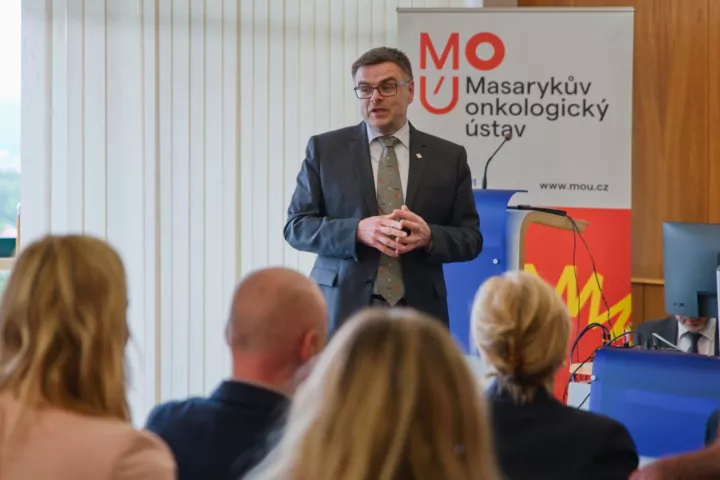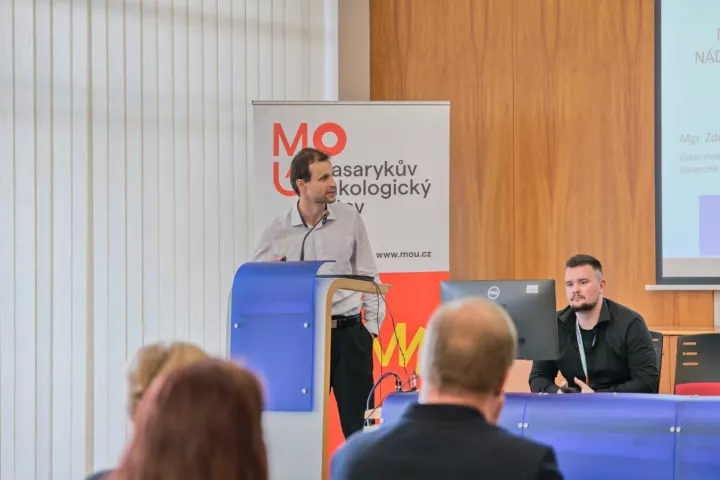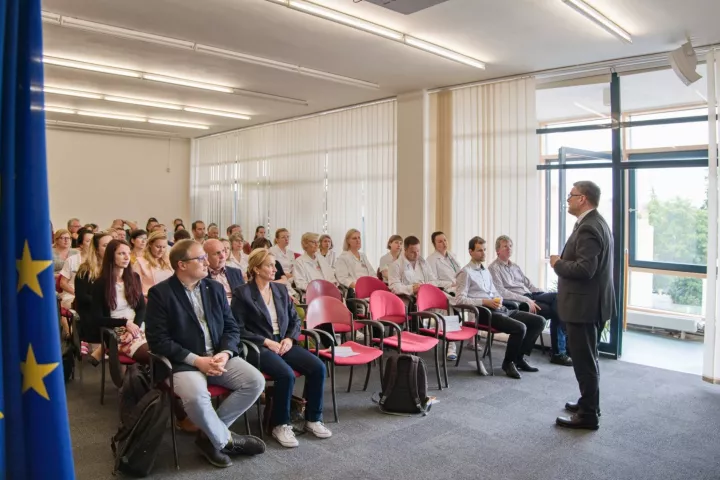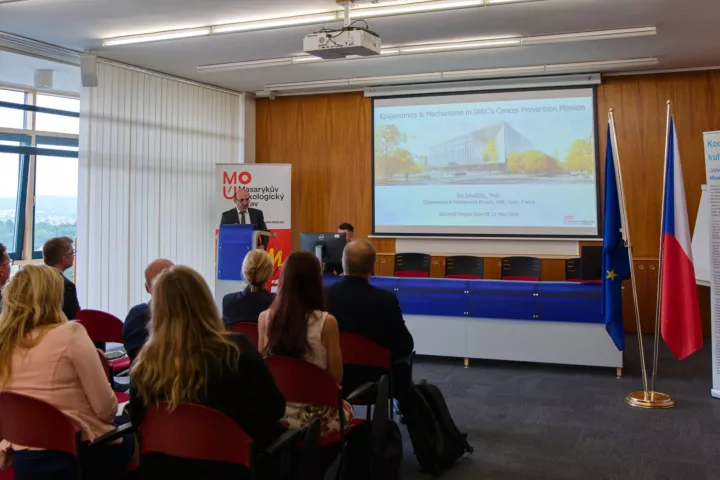Malignant tumors are the second most common cause of mortality in the Czech Republic and the EU, with nearly half of these deaths preventable through early detection and prevention. The SALVAGE project, officially titled "Saving Lives through Research in Early Detection and Prevention of Cancer: Molecular, Genomic, and Social Factors," addresses key challenges in the research of primary, secondary, and tertiary cancer prevention. This week, representatives of the consortium met at the lead institution, the Masaryk Memorial Cancer Institute in Brno, to formally launch the project. The project will contribute to achieving the main goals of the European Cancer Plan, the EU Mission on Cancer, and the Czech Health Research Concept 2030. Additionally, it will provide results applicable to clinical practice, strengthen international cooperation, and reduce the research deficit in this area.
"Project SALVAGE has three research objectives where we address the causes of pre-cancerous conditions and tumors and the possibilities of their influence at the level of cells, individuals, and entire populations. We connect laboratories with clinical practice and excellent scientific teams across the Czech Republic. The international aspect is also important, as evidenced by the fact that the International Agency for Research on Cancer (IARC) based in Lyon paid attention to the project's inauguration, with their representative Dr. Jiří Zavadil delivering a keynote lecture at the event," adds Prof. Marek Svoboda, the principal investigator of the SALVAGE project and director of the Masaryk Memorial Cancer Institute.
The first research objective is led by the Institute of Molecular and Translational Medicine of the Faculty of Medicine at Palacký University in Olomouc (IMTM UPOL). "Our research provides insight into the molecular foundations of precancerous and early cancerous lesions and tumor-host interactions. These processes are crucial for understanding the process of malignant transformation, which is important for improving cancer prevention, detection, and treatment," explains junior researcher Dr. Zdeněk Škrott, who leads this research objective. The aim is to explore the role of genomic integrity, proteotoxic stress responses, and cellular senescence in early oncogenesis and to investigate molecular diversity in precancerous and cancerous lesions and stromal cells. The plan includes genomic, epigenetic, and proteomic analysis to identify new markers and improve diagnostic and therapeutic approaches. Further research will focus on examining tumor-host interactions, the importance of the tumor microenvironment, and immune surveillance.
Understanding trends in the incidence, mortality, and accumulation of various types of cancer and their precancerous conditions and trends in the prevalence of risk factors in the Czech population is essential for guiding cancer control strategies. "The goal of the second research objective of SALVAGE is to update and expand current information and conduct new analyses of national, regional, and cohort-specific data on cancer incidence, mortality, and survival to explore temporal changes, geographic differences, and social inequalities in cancer risks," says Dr. Martin Bobák, head of the research program at RECETOX, Faculty of Science, Masaryk University.
This objective includes analyzing the relationship between traditional and new risk factors and biomarkers with selected major cancer types and estimating the proportion of cases attributable to these risk factors. Additionally, the research will focus on the role of the human exposome (environmental and internal exposure to chemicals) and the microbiome in cancer risk. Causes of differences in the utilization of screening in the population will be examined, for example, by geographic location, age, and socioeconomic and psychosocial factors, and trends and determinants of changes in survival of major cancer types, especially regarding metastatic tumors, cancer prognosis, and patient care methods will be assessed. To achieve these ambitious goals, research objective no. 2 will utilize a wide range of existing and newly obtained data sets and their integration.
The third and final research objective targets early detection of precancerous conditions and early cancers, their prevention, and therapy. Key activities include non-invasive diagnosis of tumors and precancers using body fluids, innovative detection methods, multi-omic analysis of precancerous lesions, and the use of circulating tumor cells and exosomes. The project also focuses on therapeutic interventions, including the use of some existing drugs for chemoprevention and the development of innovative therapeutics. In prevention, risk factors for the development of secondary cancers in cancer patients are identified, and personalized clinical studies are proposed. The research team is led by Associate Professor Marián Hajdúch (IMTM) in collaboration with other consortium members.
"Current activities include the preparation or launch of several clinical studies on biobanking and early cancer detection, such as detecting the presence of HPV virus in the oral cavity, which causes cancers in the mouth and throat area, a validation clinical study on biomarkers for early detection of lung cancer from exhaled air, or a cohort preventive study on individuals at high risk of cancer recruited from patients cured of childhood cancer or from families with proven hereditary cancer risk," concludes Associate Professor Hajdúch.
Text and photo: MOÚ Brno
Translation: Denisa Pavelková





